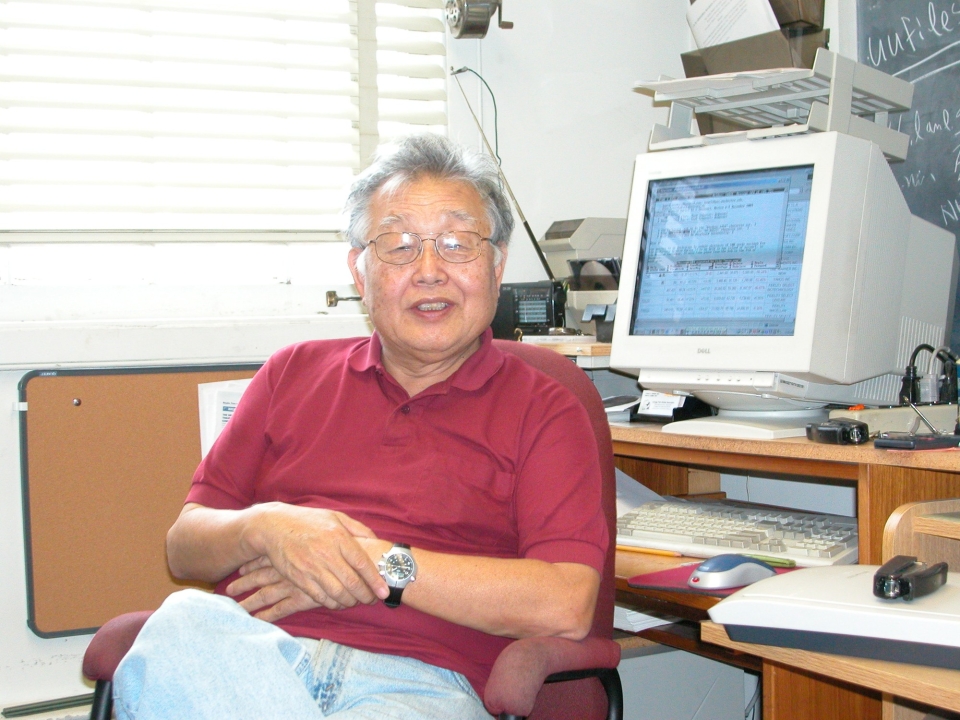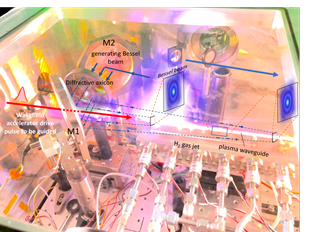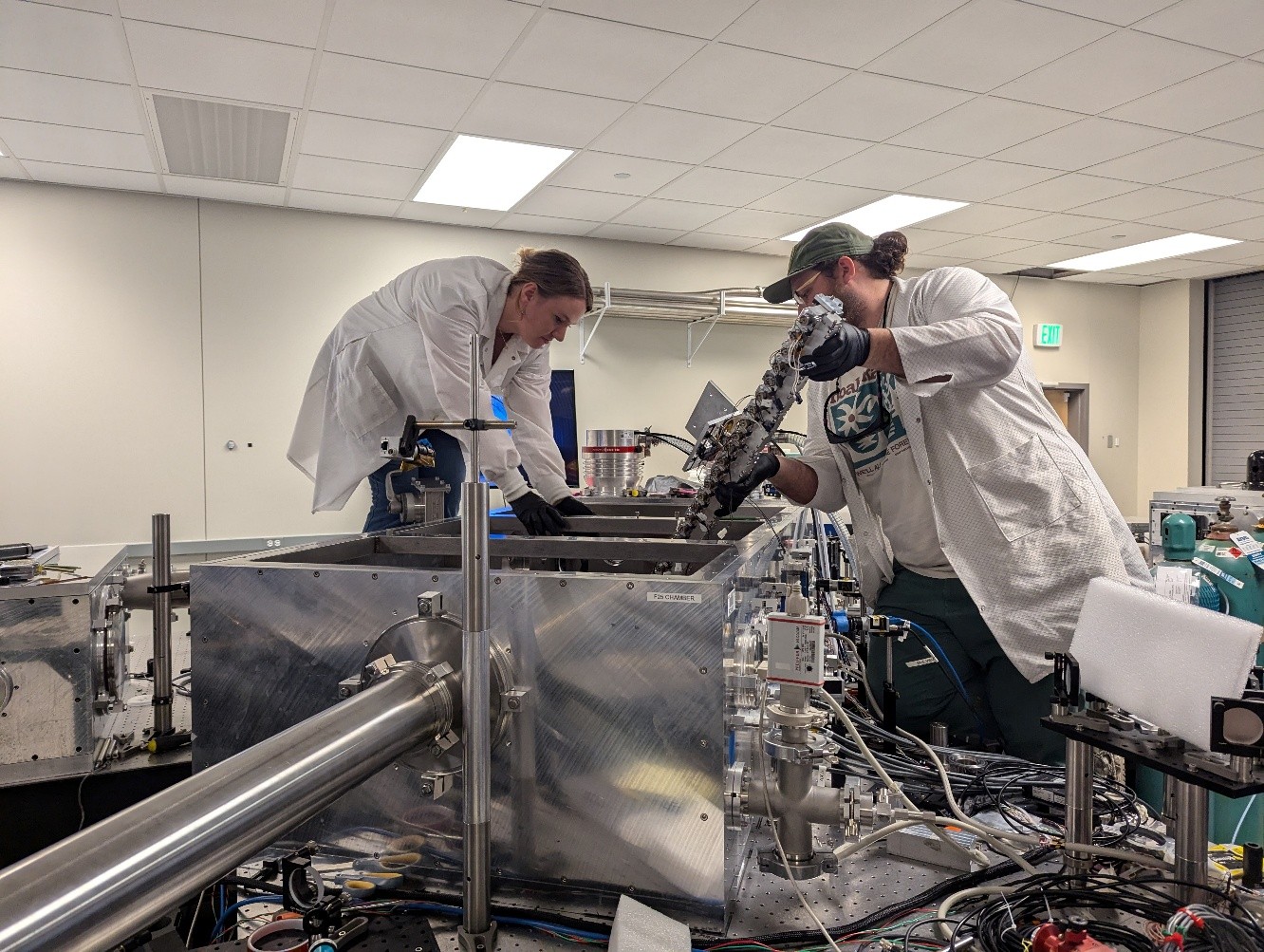Young Suh Kim, 1935 - 2025
- Details
- Published: Monday, December 08 2025 05:19
Professor Emeritus Young Suh Kim died on October 25, 2025 at age 90. Prof. Kim's research was dedicated to elucidating the connections between relativity, quantum mechanics, and the symmetries that underlie the laws of nature.
Born in Korea in 1935, Prof. Kim earned his Bachelor of Science degree from the Carnegie Institute of Technology (now Carnegie Mellon University) and his Ph.D. in Physics from Princeton University in 1961. He stayed at Princeton to complete his postdoctoral research. At the invitation of Department Chair John S. Toll, Kim joined the University of Maryland faculty in 1962. At the time, he was the youngest person to become assistant professor at the university. He retired in 2007.
While at Princeton as a graduate student, he studied Eugene Wigner’s influential 1939 paper on the inhomogeneous Lorentz group, and had the privilege of asking questions directly to Wigner. At the start of Prof. Kim’s career at Maryland, Paul A. M. Dirac visited for one week, and Prof. Kim was assigned to serve as Dirac’s personal assistant. During this time, Dirac suggested to Kim that more physicists should study the relationship of Lorentz covariance to the internal symmetries of particles.
Prof. Kim’s early research centered on the representations of the Lorentz and Poincaré groups, the fundamental symmetries of special relativity. Together with Marilyn E. Noz, he developed the covariant harmonic oscillator model, providing a relativistically consistent description of the internal structure of bound systems. Their 1977 paper, “Covariant Harmonic Oscillators and the Parton Picture” (Physical Review D, 15, 335), offered an innovative framework linking the quark model of hadrons with Feynman’s parton picture of high-energy processes. This work sought to reconcile the static quark view with the dynamic, frame-dependent parton model through Lorentz-covariant formalism.
Professor Kim’s numerous papers appeared in leading journals including Physical Review, Physical Review Letters, and Journal of Mathematical Physics. His 1989 paper, “Observable Gauge Transformations in the Parton Picture,” offered an important contribution to the study of relativistic symmetries in hadron structure by showing that the parton picture of fast-moving hadrons can be understood as a Lorentz covariant effect with the use of Wigner’s little group formalism, an insightful complement to the dynamical consequence of QCD interactions.
He had a long collaboration with Wigner, co-authoring the 1990 paper “Space-time Geometry of Relativistic Particles” in the Journal of Mathematical Physics. In it he uses Wigner’s little group formalism to unify the space-time geometry of relativistic particles — from massive quarks to massless photons — within a single Lorentz-covariant framework. Again complementing QCD, it is a deep symmetry-based reinterpretation of how internal quantum states (spin, helicity) are tied to external Lorentz transformations. His influential book “Theory and Applications of the Poincare Group” is a key resource for understanding how symmetries underpin modern physics, with discussions of how Poincaré symmetries explain conservation laws via Noether’s theorem.
Prof. Kim is survived by his wife, son, daughter-in-law, two grandchildren, and a global community of former students, collaborators, and admirers.



